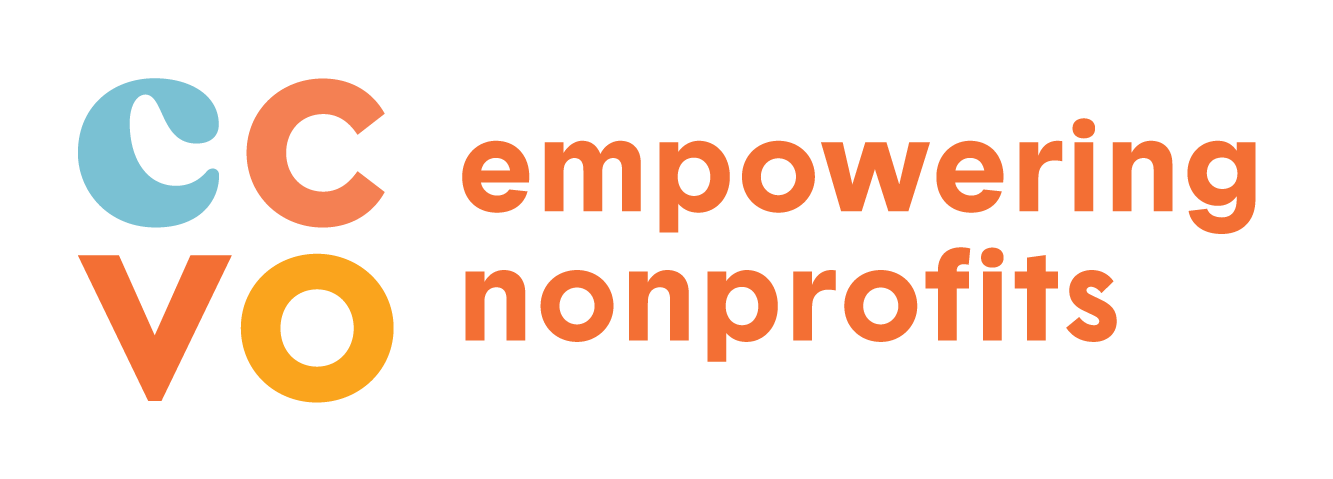Provincial Budget 2019 and the Nonprofit Sector
The first provincial budget under the Alberta United Conservative Government was tabled on October 24. The Premier addressed the province on October 23, a day before the budget was tabled, to inform Albertans that there will be a 2.8 per cent spending cut. The Premier warned that this would “not be an easy budget” and cuts would be necessary to reduce the deficit and return to balance by 2022-23, which is the primary goal of the government’s budgeting over the next few years.
CCVO will release an in-depth budget analysis for the nonprofit sector in the coming days. CCVO would like to hear from nonprofit organizations who have released a budget analysis as we intend to share these resources with the sector. Please email our policy team at policy@calgarycvo.org.
In the meantime, we have provided brief highlights from budget 2019:
Budget Speech
The key focus of the budget address was to emphasize the follow-through on promises the provincial government made to Albertans: to reduce spending, assist the energy sector, and get Albertans back to work. There is a focus on cutting taxes and regulation, and reducing funding for certain programs and services, infrastructure, and post-secondary education.
Highlights:
A projected $8.7 billion deficit on revenues of $50 billion, up from $6.7 billion from 2018-19. The province’s debt is forecast to reach $71.8 billion by the spring and to reach $93 billion by 2023.
The Ministry of Community and Social Services will see an increase of 7.6 per cent, or $276 million. The benefits for the Assured Income for the Severely Handicapped (AISH) will not be increased and will be de-indexed.
The Ministry of Culture, Multiculturalism and Status of Women will be cut by 7.6 per cent this year, and a total of 33 per cent by 2022-23.
Over the next four years, the province plans to increase $100 million for mental health, $40 million on an opioid response strategy, $20 million for palliative care, $6 million for a new sexual assault hotline, and $4 million for the Health Quality Council of Alberta. Overall, health programs will receive a slight increase of 1.3 per cent in the next four years.
A plan to reduce the public service by 7.7 per cent over the next four years, mainly through attrition and coupled with hiring restraints.
A 9 per cent cut, or $236 million, to municipal governments under the Municipal Sustainability Initiative over two years.
Education (K-12) spending will experience a funding freeze and maintain $8.2 billion each year.
Post-secondary tuition freeze will no longer be in effect and a budget cut of five per cent, or $275 million. There are five private institutions that are Christian universities and one former faith-based campus that did not see any funding cuts.
The elimination of the Alberta Summer Temporary Employment Program (STEP).
Albertans can expect to pay more in income tax and user fees. Trevor Tombe, an economist from the University of Calgary, argues that the education tax credit removal and de-indexing of the tax system of roughly $311 million per year, is equivalent to about a 0.3 per cent sales tax. He suggests this may have a stronger impact on families with incomes between $60,000 to $80,000.
The Ministry of Environment and Parks will see a 9 per cent cut over the next four years.
A few winners and losers in the budget.
Alberta Foundation for the Arts will see a 5 per cent reduction or $1.5 million for 2019-20.
Pembina Institute responds to the budget.
Mayor Naheed Nenshi’s response to the budget.
Alberta Museums Association (AMA) analysis and impact of budget 2019
